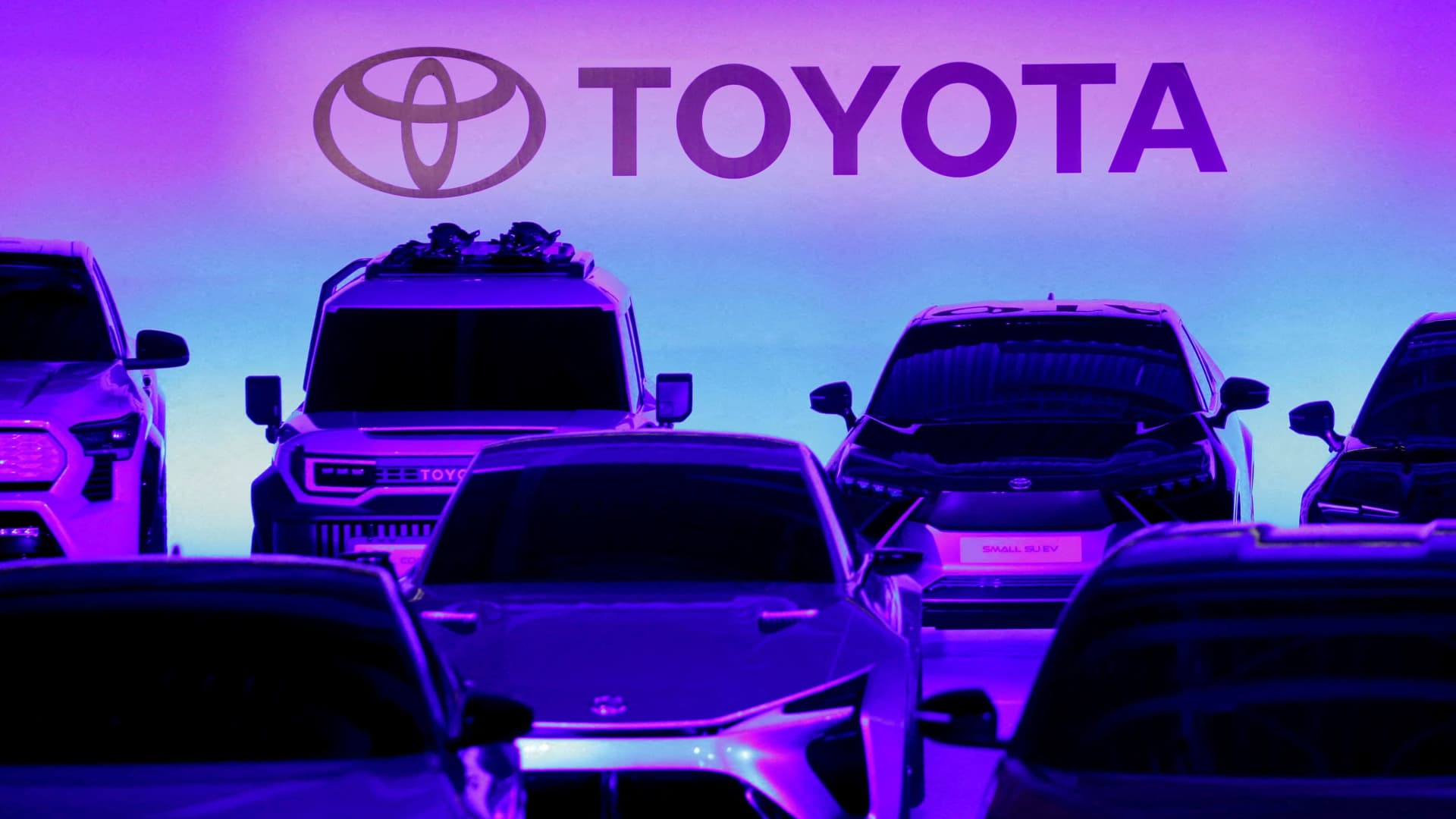Toyota
The launch of electric vehicle (EV) manufacturing in the U.S. has been delayed due to slowing global demand for battery-powered cars. Initially set for late 2025 or early 2026, the automaker now anticipates starting U.S. EV production sometime in 2026, according to a company spokesperson.

Despite the delay, Toyota remains committed to its global goal of producing 1.5 million electric vehicles by 2026. The company plans to introduce 5 to 7 new EV models to the U.S. market in the next two years. Earlier this year, Toyota announced a $1.3 billion investment in its Kentucky factory to produce a three-row electric SUV and has plans to build another EV model in Indiana.
Read Also: OpenAI’s Valuation Soars to $157 Billion in Latest Funding Deal
To support these efforts, Toyota is expanding its lithium-ion battery production with a facility in North Carolina, expected to be operational next year.

The decision comes as the global automotive industry faces weakening demand for electric vehicles. Tesla recently reported lower-than-expected quarterly results, which could lead to its first-ever annual decline in deliveries. Other major automakers, including Volvo and Ford, have also scaled back their EV plans. Volvo abandoned its goal of producing only fully electric cars by 2030, citing market conditions, while Ford postponed the launch of a new electric pickup truck and canceled plans for a large electric SUV.
Toyota’s adjustments reflect broader industry challenges in the shift towards electrification.





